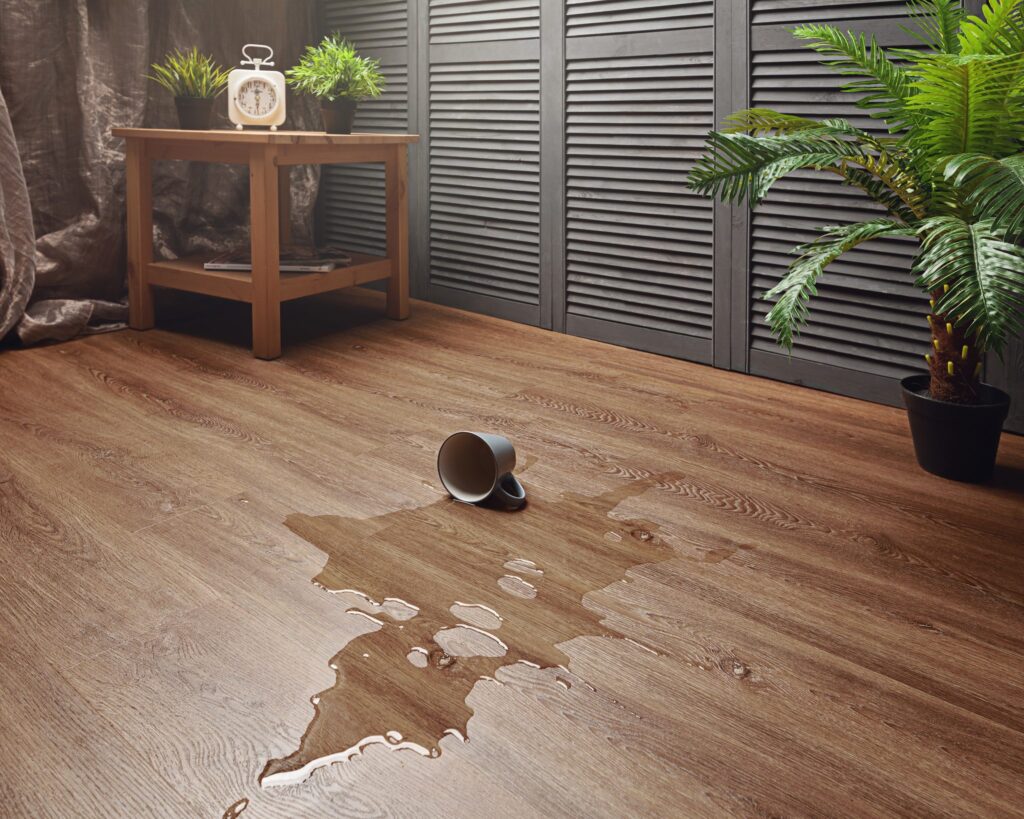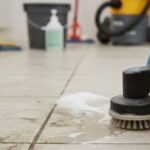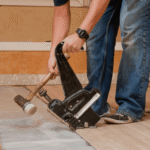The waterproof flooring is used due to its resistance to moisture and durability. With that said, myths and misconceptions continue to proliferate- giving rise to most home owners making uninformed decisions. We have witnessed it at S&S Flooring Repairs. The myths and misconceptions about flooring should be eliminated and you should select flooring which actually works.
Contact our team today to explore the best flooring and installation options for your space — we look forward to bringing your vision to life!
Myth 1: “Waterproof does not mean any problem with moisture.”
Reality:
Myth 2: “There is no difference at all between waterproof floors.”
Reality:
Waterproof floors are not equal. It has an influence on material, core composition, locking system and quality of installation. There are those waterproof floors that utilize hard cores (e.g. SPC or WPC) and those that utilize high-tech polymer layers. Both types exhibit varying aspects of performance in moist or wet conditions.
Myth 3: “You do not need any underlayment or sub floor preparation with waterproof floors.”
Reality:
The most effective waterproofing floors cannot work without adequate substrate preparation. A plain and even dry underfloor is resistant to flex, cracking and intrusion of moisture at the bottom. Underlayment or moisture resistant, you may require anyway, depending on your location, to be successful in the long-term.
Myth 4: “Feel free to use harsh cleaners, it will not damage waterproof flooring.”
Reality:
Waterproof floors are not resistant to chemical damage, in spite of their name. Powerful acids, alkali clean, bleach, or abrasive scrubbing may deteriorate the wear layer or disintegrate sealants with time. Use neutral pH-based detergents and do not use wax or oil soaps or abrasive pads.
Myth 5: “Waterproof flooring never needs repairing, it is eternal.”
Reality:
There is no permanent flooring that does not need some attention. Localized damages, scratches, dents, seam problems can take place. The advantage is that most of the damages can be fixed using waterproof floors, you can replace a single board or a tile instead of renovating the whole floor.

How S&S Flooring Repairs Addresses These Concerns
We combine our repair expertise with in-depth product knowledge to ensure your waterproof floor performs beautifully:
- Inspection & Diagnosis
We assess the subfloor, seams, and damage to uncover root causes (moisture infiltration, improper installation, or wear). - Selective Repair
Rather than full replacement, we often repair only affected planks or seams, saving you time and cost. - Proper Sealing & Seams
We reinforce or reseal transitions, perimeter moldings, and seam junctions to maintain the waterproof integrity. - Subfloor Prep & Barrier Systems
In restorations or replacements, we ensure the substrate is dry, level, and properly treated with moisture barriers or underlay when needed. - Education & Maintenance Advice
We guide you on cleaning practices, seasonal checks, and how to spot issues early before damage escalates.
Takeaway: Waterproof Doesn’t Mean Carefree — But It Can Be Lasting
Waterproof flooring offers incredible benefits — resistance to spills, easy cleaning, and suitability in demanding areas like bathrooms, kitchens, and basements. But it isn’t foolproof. With proper installation, routine care, and timely repairs, a well-installed waterproof floor can serve you beautifully for decades.
S&S Flooring Repairs is your partner in that longevity. Whether you’re installing new waterproof flooring, restoring damaged areas, or need advice on maintenance — we’re here to ensure your floors stay protected and beautiful for years to come.
Get in touch with us today for a free assessment or to discuss installing or restoring waterproof flooring in your home.
FAQ’S
No. Not impermeable to water, even waterproof floors are resistant to it. Preventing water intrusion requires proper installation, sealing, and upkeep.
No. There are differences in waterproof flooring’s material, locking mechanism, core composition, and installation quality. In damp conditions, different types of floors—such as SPC, WPC, or polymer-layered floors—perform differently.
In agreement. A sturdy, dry, and level surface is necessary for even the greatest waterproof flooring. Depending on your home’s circumstances, you could additionally require moisture barriers or underlayment.
No. Sealants or the wear layer can be harmed by abrasive equipment, bleach, or strong chemicals. Scrubbing pads, oil soaps, and wax should be avoided; instead, use pH-neutral cleaners.
No. These may include dents, scratches, seam problems, or localized damage. It has the advantage that individual tiles or planks can frequently be fixed or changed rather than the entire floor.



